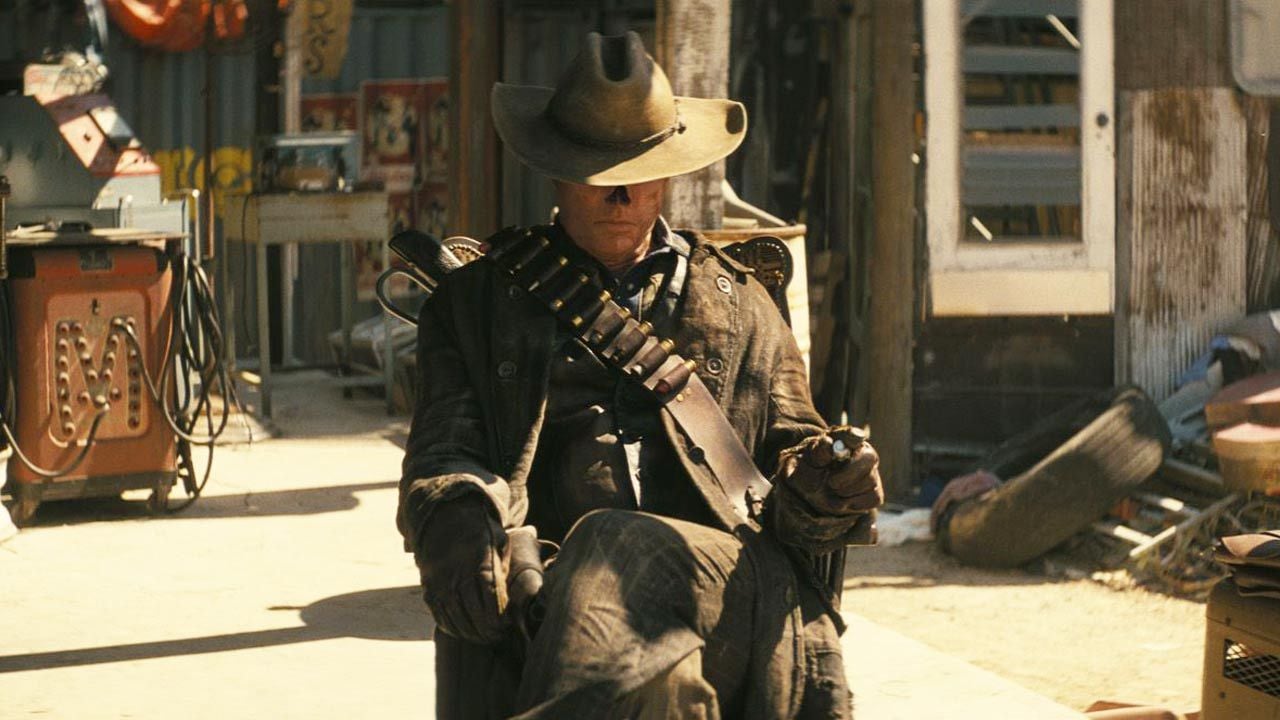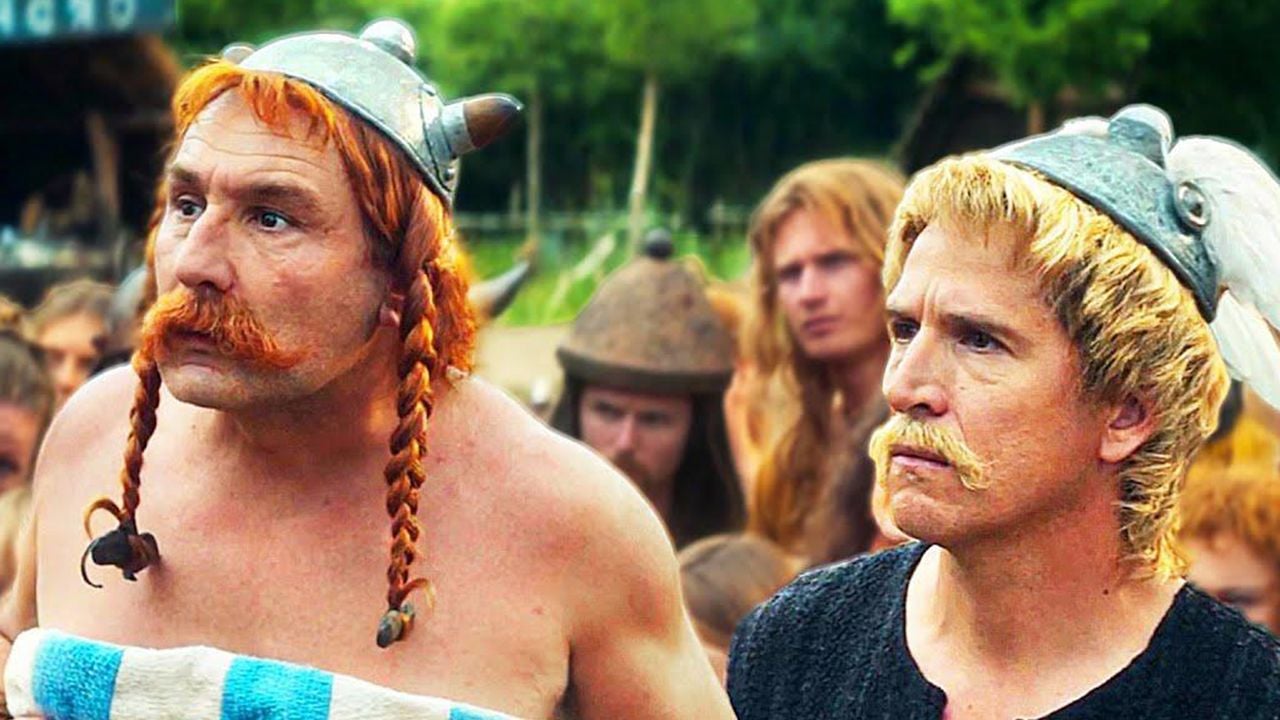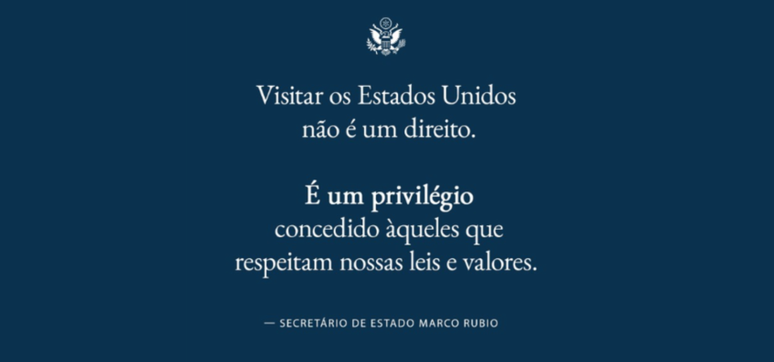The singer releases the EP ‘Chega Mais’ to celebrate the return of Salvador’s carnival

There is little that the Bahian singer Ivete Sangalo he hasn’t done in his nearly thirty-year career. After the sold-out shows at Maracanã and Madison Square Garden (United States), Veveta, as her fans call her, wants to celebrate the carnival of the city that gave her the world: Salvador.
The release of the EP ‘Chega Mais’ is the manifestation of this and marks the return of the post-pandemic Bahia carnival and, according to her, the desire to see happy fans.
“I don’t release a song with the goal of it being a ‘carnival song’. I release it and it takes on a life of its own. That carnival EP was a dream I had, and I wanted to do something for the fans, so I was neighbors”, said Ivete, during the press conference to launch the new work, at the beginning of the evening of Wednesday 18.
The name of the job makes this clear.
“‘Chega Mais’ is closer, more intimate,” he explains. “It’s been two years without carnival, we haven’t met for two years. I wanted to crown this revival with an exclusively carnival repertoire”.
Antagonistic as it may sound, the isolation imposed by the pandemic has tempered the six-track project, which was thought to sound like a trio-electric parade, from exit to circuit end. The pandemic is also behind the choice of the theme of the costume and the show it will present during the Carnival.
“The theme will be ‘Back to the Future’, it’s an allusion to the film, aesthetically, but also in the sense that we return to our reality,” he explains.
In the artist’s understanding, the uncertainty of the future, resulting from the pandemic, has left people thirsting for him.
“We have entered a year of greater hope, we have entered an axis of greater possibilities. We have come out of a period of withdrawal, we aim for the future, so we return for the future,” he adds.
inspirations
In “Cria Da Ivete”, one of the flagship tracks of “Chega Mais”, Ivete Sangalo uses a lot of Bahian slang to flirt with female empowerment. “We women can do everything, we do what we want, we have that right in our soul, but it is necessary to educate to be free”, defends the singer.
In the piece ‘Se Saia’, also full of Bahian dialect, the main reference is Luiz Caldas, an important name in Bahian music. ‘Rua da Saudade’ is a more romantic samba reggae, inspired by the lack that the carnival has made in the life of those who love to party.
+The best content in your email for free. Choose your favorite Terra newsletter. Click here!
Source: Terra
Amanda Larkin is a celebrity journalist at Gossipify, known for her in-depth interviews and unique perspectives on the entertainment industry. She covers celebrity news and gossip, providing readers with engaging and informative content, and understanding of the inner workings of the industry. She’s respected for keeping readers up to date with the latest trends and providing a fresh perspective on the celebrity world.








